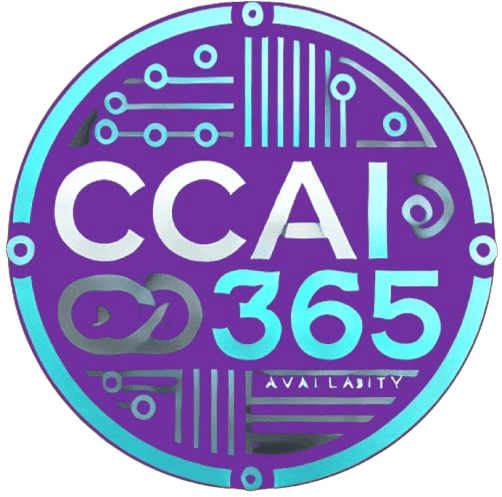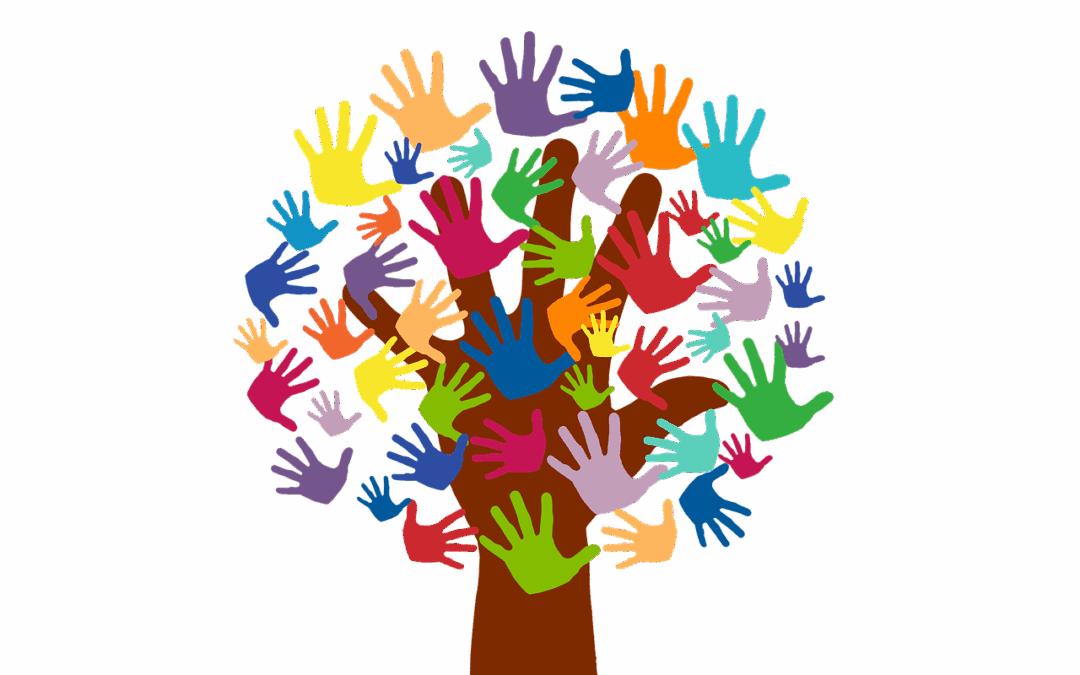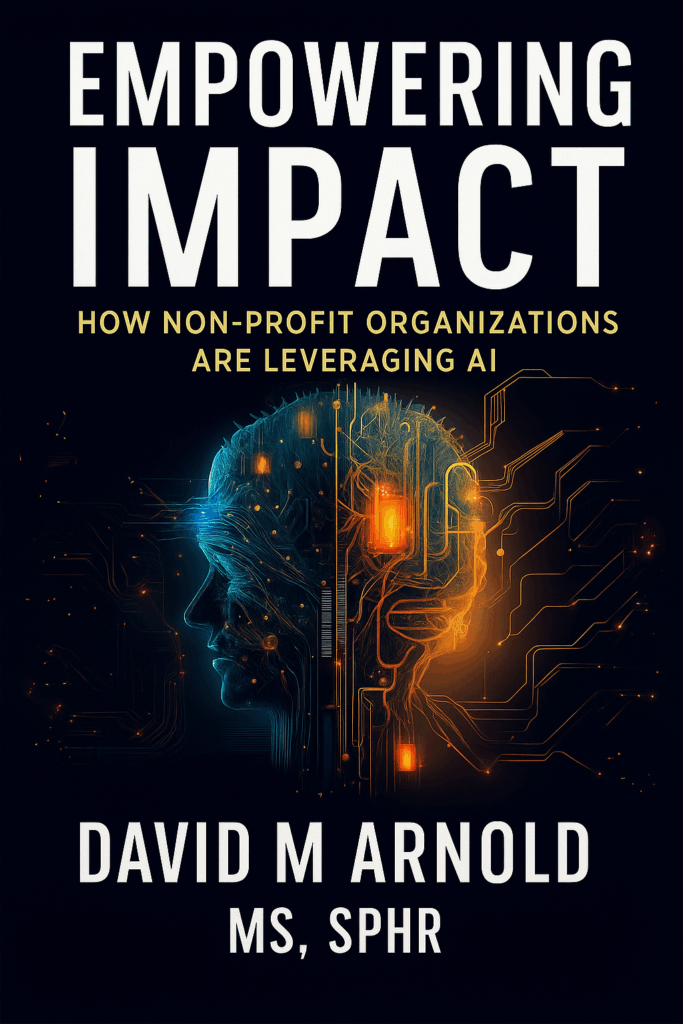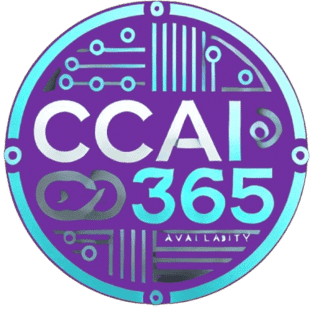Introduction to AI for Nonprofits
Nonprofits have always been the heart and soul of community transformation, social justice, and humanitarian outreach. But in today’s fast-moving digital age, traditional strategies alone aren’t enough to meet rising demands and increasing complexity. Enter AI for nonprofits—a revolutionary shift that’s allowing small and large organizations alike to do more with less, reach farther, and make a deeper impact than ever before.
Once considered a luxury reserved for Silicon Valley giants, artificial intelligence is now within reach for nonprofits of every size and mission. From boosting fundraising campaigns to predicting volunteer availability and personalizing outreach, AI for nonprofits is creating exciting new opportunities for growth, efficiency, and mission alignment. And the best part? It’s easier and more affordable than you think.
This article dives into five powerful ways AI for nonprofits is changing the game, transforming how organizations connect with donors, deliver services, and make data-driven decisions. If you’re ready to reimagine what’s possible, read on—you’re about to be inspired!
AI for Nonprofits Is Redefining Mission Efficiency and Scaling Community Impact
Efficiency has always been a challenge for nonprofits. Tight budgets, limited staff, and overwhelming responsibilities often stretch teams thin. But AI for nonprofits is now turning these obstacles into opportunities.
Imagine automating time-consuming tasks like scheduling, volunteer coordination, report generation, and grant tracking—all while reducing human error. AI tools can perform these tasks in seconds, freeing up staff and volunteers to focus on strategic priorities and community engagement.
Nonprofits using AI are streamlining operations by integrating smart workflows that adapt based on activity and outcomes. For example, machine learning algorithms can detect inefficiencies in a program’s delivery model, allowing organizations to make adjustments in real-time.
Moreover, AI for nonprofits helps scale services without increasing costs. Whether it’s a chatbot answering questions from hundreds of beneficiaries simultaneously or predictive models identifying communities in greatest need, AI enables nonprofits to expand their reach and deepen their impact.
One case in point: food banks using AI to optimize delivery routes have significantly reduced waste while reaching more families. Another example includes AI-assisted translation tools that allow organizations to communicate across languages and cultures effortlessly.
AI for nonprofits is more than a tool—it’s a mission multiplier. It allows organizations to go further, faster, and more efficiently than ever before.
How AI for Nonprofits Is Transforming Donor Engagement and Retention
Fundraising has always been the lifeblood of nonprofit work. But traditional methods like direct mail and phone calls often fail to resonate in a digital world. Enter AI for nonprofits—breathing new life into donor engagement and dramatically improving retention rates.
AI-driven platforms analyze donor behavior, preferences, and giving patterns to personalize outreach and appeal strategies. This means no more one-size-fits-all emails. Instead, each donor receives a tailored message that speaks to their unique interests, donation history, and timing.
For example, AI can determine the optimal moment to send a donation request or identify which donors are most likely to give again. These insights allow fundraisers to focus on high-probability donors, improving ROI and reducing campaign fatigue.
Chatbots powered by AI for nonprofits are also revolutionizing how organizations communicate with supporters. These digital assistants provide instant answers to questions about giving, events, and impact—creating an interactive, responsive experience that fosters trust.
And let’s not forget predictive analytics. AI tools can forecast donor churn and suggest retention strategies before supporters lapse. Imagine re-engaging a major donor just as they’re considering moving on—that’s the magic of AI.
By combining emotional storytelling with smart technology, AI for nonprofits makes every donor feel seen, heard, and valued. The result? Stronger relationships, higher lifetime value, and a thriving donor base that fuels long-term mission success.
Revolutionizing Program Delivery with AI for Nonprofits in Real-Time Environments
Delivering programs efficiently and responsively is at the heart of every nonprofit’s mission. With AI for nonprofits, organizations are now able to revolutionize how they deliver services in real time.
AI-enabled platforms can monitor community needs, track resource usage, and recommend program adjustments on the fly. This allows nonprofits to adapt quickly to changing conditions—whether it’s a natural disaster, a health emergency, or a sudden spike in demand.
For instance, disaster relief nonprofits are using AI to analyze social media and news feeds to identify areas of urgent need. This helps mobilize resources faster and deploy volunteers where they’re most effective.
AI for nonprofits also enhances service delivery through automation. In education, AI-driven tools personalize learning content based on each student’s progress and performance. In healthcare, AI-powered diagnostic tools help mobile clinics identify at-risk patients earlier and recommend preventive care.
Nonprofits focused on mental health are using AI chatbots to provide 24/7 support to individuals in crisis, helping to bridge the gap when human counselors are unavailable.
These examples highlight a powerful truth: AI for nonprofits isn’t just about doing things better—it’s about doing things differently. It empowers organizations to operate with agility, serve with precision, and respond with compassion in ways that were previously unimaginable.
Boosting Operational Performance Through AI for Nonprofits in Data Management
Data is everywhere—but making sense of it can be overwhelming, especially for nonprofit teams with limited technical expertise. Thankfully, AI for nonprofits offers a lifeline.
AI-powered data management tools help nonprofits collect, clean, categorize, and analyze information from multiple sources—donor systems, social platforms, program outcomes, volunteer logs, and more. These tools eliminate manual entry and minimize errors, saving countless hours of staff time.
By consolidating data into actionable dashboards, AI for nonprofits provides leaders with real-time visibility into organizational performance. Want to know which programs are delivering the highest impact? Or which fundraising channels generate the most ROI? AI delivers the answers at a glance.
Smart algorithms can also detect anomalies—like sudden drops in donations or unusual spending patterns—allowing organizations to course-correct before problems escalate.
In compliance-heavy fields, AI automates reporting and ensures data privacy standards are met. Nonprofits using AI for data management can submit grant reports and compliance documents with confidence and accuracy.
Perhaps most importantly, AI empowers smaller organizations to compete at the same level as large-scale nonprofits. With the right tools, even a five-person nonprofit can analyze complex trends, allocate resources wisely, and tell compelling data-driven stories that attract funders.
When data drives decisions, nonprofits move from reactive to proactive—and that’s where mission momentum truly begins.
From Insight to Action: How AI for Nonprofits Powers Smarter Decision-Making
Great decisions drive great outcomes. And in the nonprofit world, where every choice has a ripple effect, the ability to make informed decisions quickly is critical. That’s why AI for nonprofits is such a game-changer.
AI excels at turning data into insights. But what makes it truly transformative is its ability to recommend—and even automate—next steps based on those insights.
For example, AI platforms can evaluate multiple scenarios and suggest the best course of action based on past performance, current conditions, and predicted trends. Whether it’s planning a new program, adjusting a fundraising strategy, or reallocating resources, AI empowers nonprofit leaders with confidence.
AI for nonprofits also facilitates collaboration. By providing teams with a single source of truth—accurate, up-to-date data presented in intuitive formats—staff can align around goals and execute faster.
In strategic planning, AI tools can forecast long-term trends, model different budget scenarios, and identify gaps in service delivery. This helps nonprofits not only respond to current needs but anticipate future ones.
Real-time alerts ensure no opportunity or challenge goes unnoticed. Whether it’s a sudden spike in volunteer sign-ups or a dip in engagement, AI for nonprofits makes sure you’re never caught off guard.
From the boardroom to the front lines, AI is empowering nonprofits to think bigger, act faster, and lead smarter.
Conclusion
AI for nonprofits is not just a technological upgrade—it’s a transformation engine. It’s helping mission-driven organizations overcome resource limitations, amplify their voice, and deliver impact at a scale once thought impossible.
By enhancing efficiency, strengthening donor relationships, revolutionizing service delivery, optimizing data, and guiding smarter decisions, AI for nonprofits is lighting the path to a more innovative, inclusive, and effective nonprofit sector.
The future is here—and it’s bright.
Contact CCAi365 at 252-668-1640 to see how we can deliver results for your Non-Profit! Whether you’re just starting your AI journey or ready to scale, our solutions are designed to empower every mission.
Together, let’s supercharge your impact—because your cause deserves nothing less.



